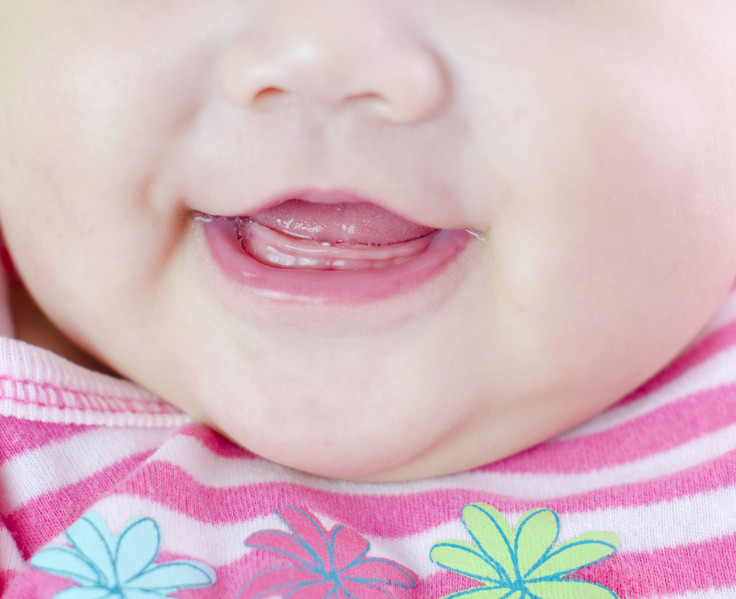Positive Emotions Influence Infant Memories: Babies Remember What Accompanies A Happy Tone Of Voice

Anyone who loves babies can’t help but to sometimes wonder: Of all their many new experiences each day, which will they remember? Apparently, babies are like rock stars (or a girl drugged with roofies) — they remember nothing but the good times, a new study suggests. In particular, the researchers showed how babies were more likely to remember a unique geometric shape whenever a positive emotion accompanied it. Though many research teams have studied memory in infants, this is the first to explore how emotion may influence their tender memories.
Designing the Experiment
How do you understand what a 5-month-old is experiencing? That is a question those who study early childhood development often ask themselves. In this particular study, the team of researchers from Brigham Young University monitored infants’ eye movements and measured how long the babies looked at a particular image.
To begin their experiment, the researchers enlisted the help of a group of mothers and their 5-month-old babies. The mothers set their infants in front of a monitor. Then, a person appeared on the screen. The person spoke to the baby in either a happy, neutral, or angry tone of voice, and immediately following this, the babies saw a novel geometric shape materialize on the screen.
After this “emotional exposure,” the researchers proceeded to test the babies’ memories. Five minutes after the test, some of the babies saw two side-by-side geometric shapes: a brand new one, and the original one from the study. Here, the researchers recorded how many times the baby looked from one image to the next and also how long they spent looking at each shape. One day later, the researchers conducted the same test with the remaining babies, monitoring their eye movements as they showed them the two images. What did they discover?
The babies performed significantly better at remembering the novel shape when it was attached to positive voices. Following the 5-minute interval, infants exposed to the happy voice showed a “reliable preference” for the novel geometric shape compared to the previously unseen image. The infants who heard a neutral or angry voice did not show this same preference. After the one day interval, though, infants exposed to both the happy and neutral voice showed a reliable preference for the novel geometric shape. However, paired with a negative voice, the shape did not stick in their memories.
"We think what happens is that the positive affect heightens the babies' attentional system and arousal," said Dr. Ross Flom, a BYU psychology professor and lead author of the study. “By heightening those systems, we heighten their ability to process and perhaps remember this geometric pattern.”
Source: Flom R, Janis RB, Garcia DJ, Kirwan CB. The effects of exposure to dynamic expressions of affect on 5-month-olds’ memory. Infant Behavior and Development. 2014.
Published by Medicaldaily.com



























